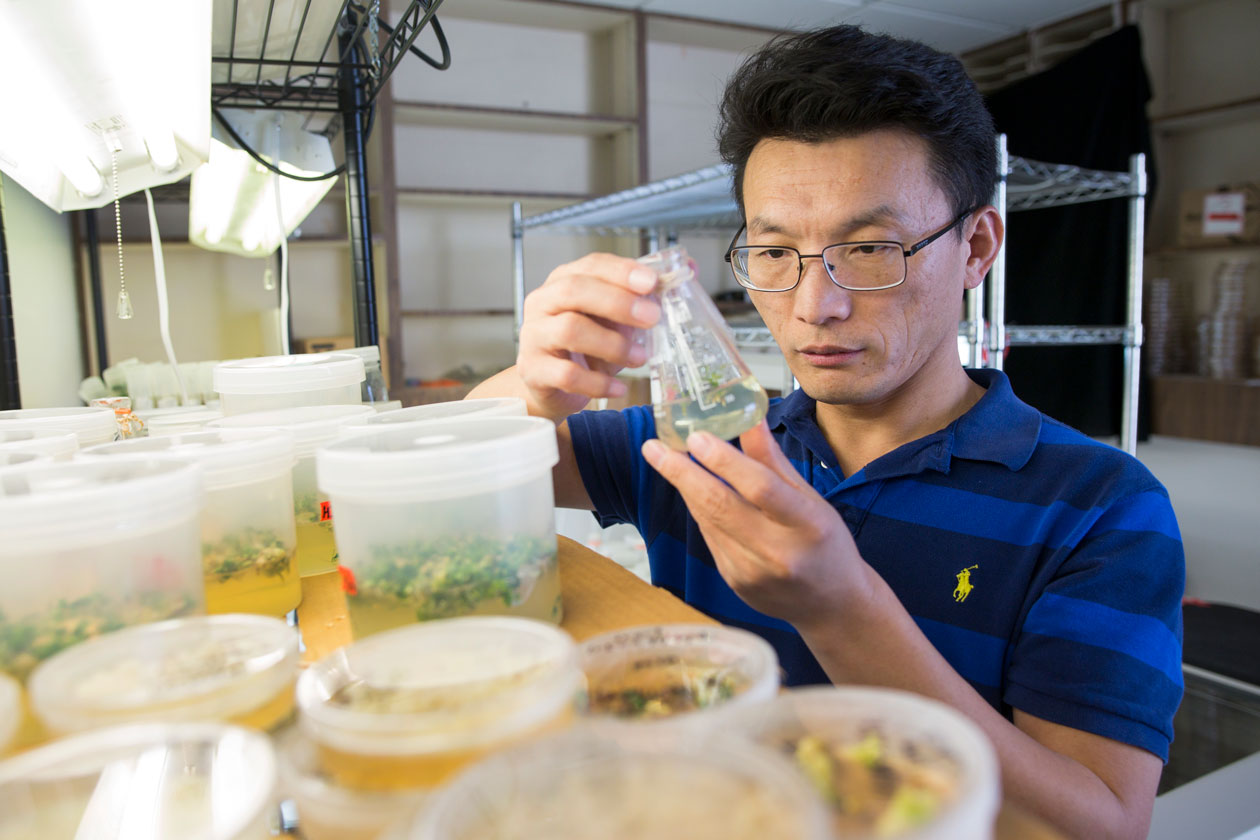ENVIRONMENTAL MICROBIOLOGY
Microorganisms are the oldest and most essential life forms on Earth. Microbes exist even in the most extreme environments, and without them, our planet wouldn’t survive. Environmental microbiology is the study of microbial function, composition, and interaction within terrestrial, air, aquatic, marine, and extraterrestrial environments. The University of Florida Department of Microbiology and Cell Science offers a Graduate Certificate in the field of environmental microbiology.
While the world focuses on the effects of climate change, we need experts who understand the planet's complex microbiomes. You will study concepts like microbial ecology, biogeochemistry, and astrobiology by exploring marine microbial ecology, studying the ecological significance of toxic organic chemicals, examining the origin and future of life in our solar system, and much more.

.png)
